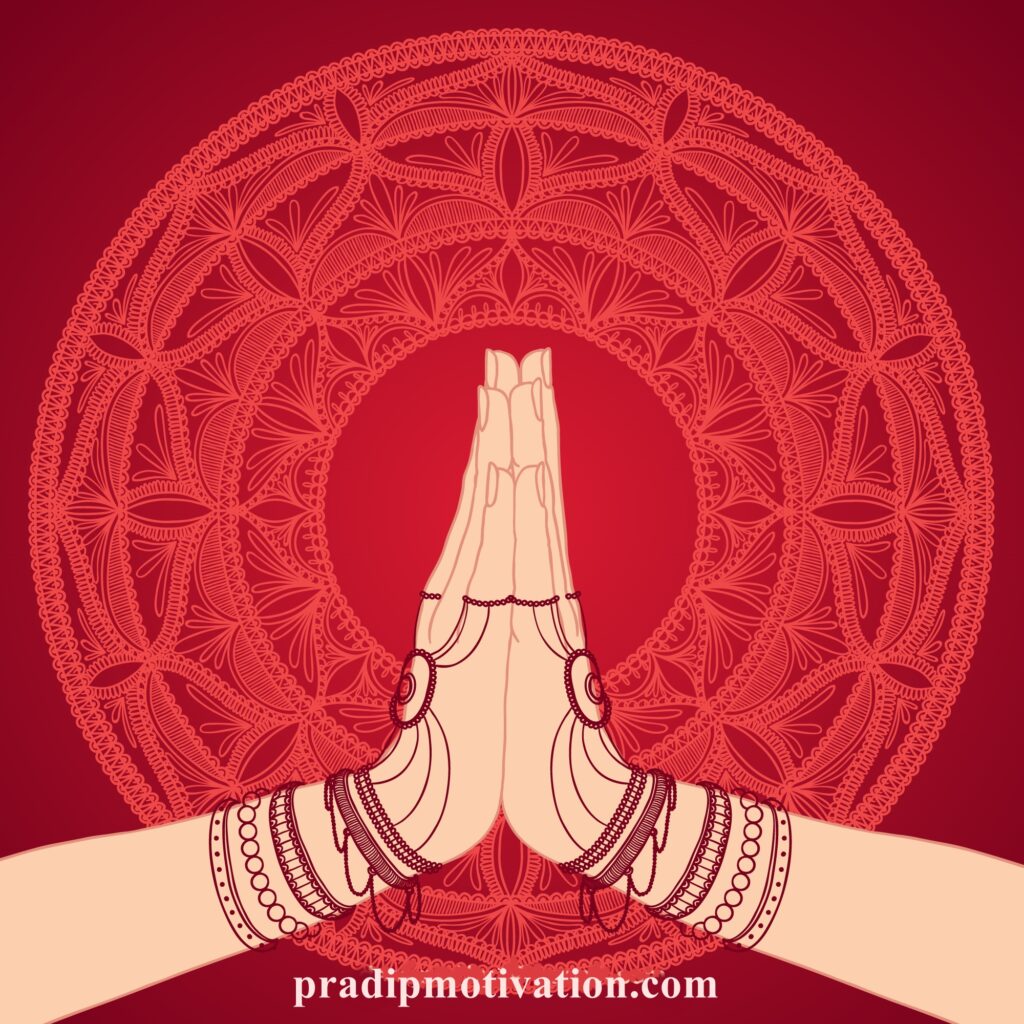Exploring the Depths of Karma Yoga: A Comprehensive Guide to Selfless Action and Spiritual Evolution
Introduction:
Karma Yoga, often referred to as the yoga of selfless action, stands as one of the central pillars of Hindu philosophy and spirituality. Rooted in ancient scriptures like the Bhagavad Gita, Karma Yoga offers profound insights into the nature of human existence, the dynamics of action, and the path to spiritual liberation. In this extensive exploration, we delve deep into the intricacies of Karma Yoga, unravelling its key principles, practices, and profound implications for personal transformation and inner growth.
Understanding Selfless Action:

Karma Yoga teaches us to perform actions without being attached to the results or fruits of those actions. This concept of selfless action, known as Nishkama Karma, invites us to engage in the world with a sense of detachment, focusing on the present moment and the action itself rather than worrying about the outcome. By cultivating this attitude of non-attachment, practitioners learn to direct the complexities of life with calmness and grace, exceeding the fluctuations of joy and sorrow that arise from attachment to results.
The Principle of Dharma:

Central to Karma Yoga is the principle of dharma, which includes one’s moral and ethical duties in life. Dharma guides individuals to act in accordance with righteousness and virtue, fulfilling their obligations and responsibilities in society without selfish motives. By aligning our actions with dharma, we not only contribute to the welfare and harmony of the world but also pave the way for our own spiritual evolution and growth.
Cultivating Detachment (Vairagya):

Detachment lies at the heart of Karma Yoga, teaching us to let go of our attachments to the temporary pleasures and possessions of the material world. True detachment, or Vairagya, does not imply indifference or apathy towards life but rather a state of inner freedom and non-dependence on external circumstances for our happiness and fulfilment. Through the practice of detachment, we learn to find peace and contentment within ourselves, regardless of the ups and downs of life.
Equality of Action:

In Karma Yoga, all actions are considered equal in the eyes of the divine. Whether we are engaged in mundane tasks or noble deeds, what matters is the sincerity and intention behind our actions. By embracing the principle of equality of action, we learn to infuse every moment of our lives with mindfulness and purpose, recognizing the inherent sacredness of all activities.
The Path of Service (Seva):

Service to others is a cornerstone of Karma Yoga, inviting us to extend compassion, kindness, and support to those in need. Through selfless service, we not only alleviate the suffering of others but also cultivate qualities such as understanding, generosity, and humility within ourselves. By offering our time, energy, and resources for the benefit of others, we contribute to the greater good of humanity and awaken to the interrelation of all beings.
The Yoga of Renunciation (Sannyasa):

While traditional renunciation (sannyasa) involves withdrawing from worldly affairs and possessions, Karma Yoga advocates for renunciation of the fruits of action. This form of renunciation invites us to perform our duties diligently and wholeheartedly while letting go of attachment to the outcomes. By surrendering the results of our actions to the divine, we free ourselves from the burden of expectation and cultivate a spirit of acceptance and equanimity.
Purification of the Mind:

Through the practice of Karma Yoga, we embark on a journey of inner purification, striving to overcome ego, selfishness, and negative tendencies. By cultivating virtues such as compassion, forgiveness, and selflessness, we create a fertile ground for spiritual growth and self-realization. The purification of the mind is a gradual process that requires self-awareness, discipline, and perseverance, but the rewards are profound—a heart free from fear, resentment, and ignorance, and a mind filled with love, clarity, and wisdom.
Integration of Action and Meditation:

Karma Yoga teaches us to integrate action and meditation, recognizing that spiritual practice is not confined to the meditation cushion but permeates every aspect of our lives. Rather than viewing meditation as a separate activity, we learn to remain centered and present amidst the busyness of daily life, finding tranquility and insight in the midst of action. By cultivating mindfulness and awareness in all our activities, we deepen our connection to the present moment and awaken to the beauty and sacredness of life.
Freedom from Karma (Moksha):

The ultimate goal of Karma Yoga is liberation from the cycle of karma and rebirth (samsara). This liberation, known as moksha, is attained through selfless action, devotion, and the realization of one’s true nature. By performing actions without attachment and surrendering to the divine will, we transcend the limitations of the ego and merge with the infinite consciousness. In the state of moksha, we experience unbounded freedom, joy, and peace—a timeless union with the source of all existence.
The Path to Self-realization:

Karma Yoga serves as a practical path to self-realization, guiding us towards the direct experience of our true nature. Through the diligent practice of selfless action, we purify our hearts and minds, dissolve the veils of ignorance, and awaken to the divinity that lies within us. Self-realization is not merely an intellectual understanding but a profound shift in consciousness—a recognition of our oneness with the universe and our inherent connection to all beings.
Conclusion:

Karma Yoga offers a profound path to spiritual evolution and self-transformation, empowering us to live with purpose, integrity, and compassion. By embracing the principles of selfless action, duty, and detachment, we transcend the limitations of the ego and realize our inherent divinity. As we walk the path of Karma Yoga, may we cultivate a spirit of service, humility, and love, and may our actions become a sacred offering to the divine.
